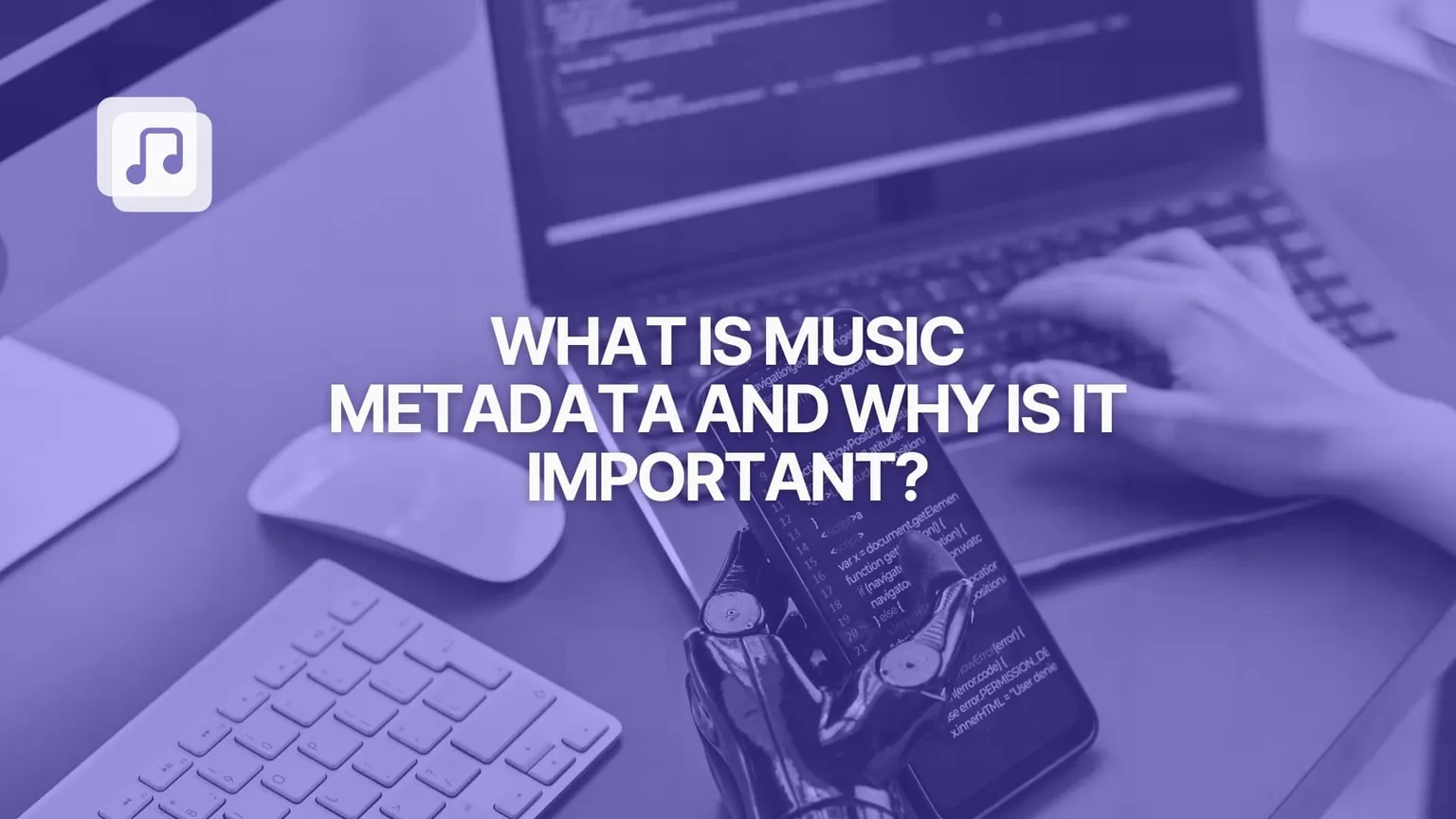
In the music industry, music metadata plays a critical role in ensuring that your music is properly identified, cataloged, and distributed. It includes vital details like song title, artist name, genre, and copyright information. Proper metadata is essential for royalty collection, playlist placements, and protecting against copyright disputes. Additionally, well-managed metadata helps increase music discoverability and supports professional growth.
Why Is Music Metadata Important?
Monetization and Royalties
Music metadata directly affects the collection of royalties. Accurate metadata ensures you receive payment for streams, licensing, and performance royalties.
Music Discoverability
Streaming platforms and digital distributors use metadata to organize and recommend music. If your metadata isn’t correct, your track may not show up in relevant search results or playlists, making it harder for potential fans to discover your music.
Avoiding Copyright Disputes
In the digital world, copyright disputes are common. Proper metadata helps prevent these issues by ensuring that the rightful creators and copyright holders are recognized and compensated.
Professionalism and Industry Standards
For independent artists, having accurate metadata is a sign of professionalism. It shows that you're serious about your music and willing to meet industry standards, which increases your chances of getting your tracks placed on major platforms.

Best Practices for Optimizing Your Music Metadata
To make the most of your music metadata, it’s essential to follow best practices. Start by ensuring that all fields are filled in accurately, including the song title, artist name, genre, release date, and copyright information. Pay attention to spelling and formatting, as discrepancies can lead to errors in distribution. Additionally, update your metadata regularly to reflect any changes, such as remixes or new versions of your tracks. Consistent and up-to-date metadata enhances discoverability and protects your intellectual property, boosting your chances of success.
Read also How to Increase Your Streams in 2025

Conclusion
Music metadata may seem like a minor detail, but it is crucial for ensuring your music reaches its full potential. Whether it’s for collecting royalties, increasing visibility, or avoiding copyright disputes, proper metadata management is essential for any artist aiming for success in the digital music industry. Make sure your music is correctly labeled and easily traceable: this is the first step toward building a successful and sustainable music career.
Are you interested in these topics and want to know more about the music industry? Check out our blog!

